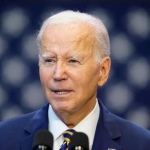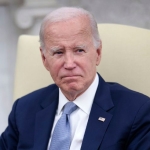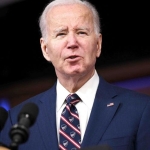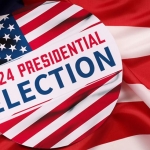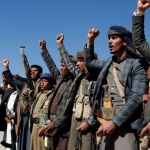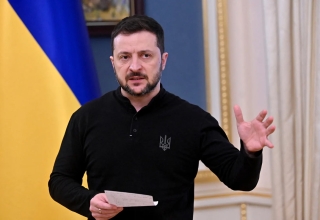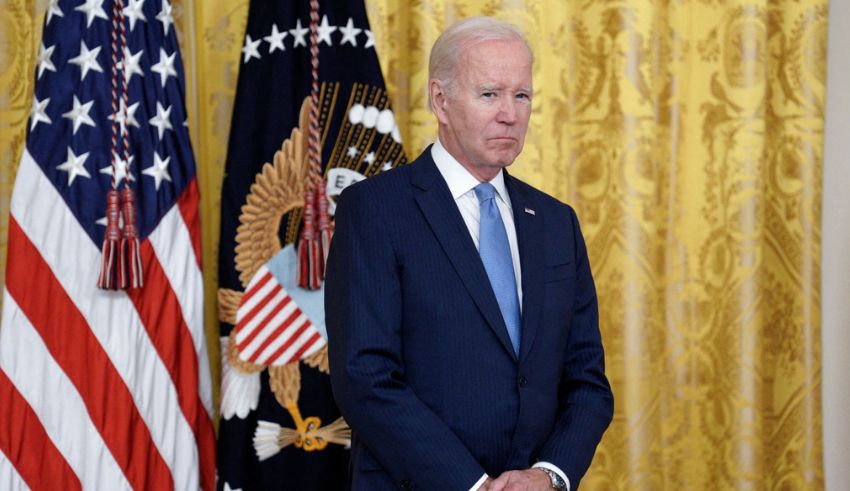
The 2024 presidential election in the United States is expected to be a close and competitive contest, as two rival parties and candidates vie for the White House: Joe Biden, the incumbent president and leader of the Democratic Party, and Ron DeSantis, the governor of Florida and leader of the Republican Party. Both candidates have strong and loyal bases, but also face significant challenges and controversies.
One of the most crucial states in the election is Nevada, a swing state that has 6 electoral votes and a diverse and dynamic population. Nevada has voted for the winner of the presidential election in every cycle since 1976, except in 2016, when it backed Hillary Clinton over Donald Trump. In 2020, Biden won Nevada by a narrow margin of 2.4%, or about 33,000 votes, over Trump.
Focus
In a recent campaign rally in Las Vegas, the largest city and the economic and cultural hub of Nevada, Joe Biden declared that he would focus on Nevada and make it a priority in his re-election bid. He said that he would invest in and support the people and the industries of Nevada, especially those that have been hit hard by the COVID-19 pandemic, such as tourism, hospitality, and entertainment. He said that he would also address the issues and concerns of the various communities and groups in Nevada, such as Latinos, Asians, Native Americans, veterans, and workers. He said that he would also defend and protect the rights and interests of Nevadans, such as health care, education, and the environment.
Biden said that his focus on Nevada was motivated by his gratitude and appreciation for the state, which he said had given him a “second chance” in his political career. He recalled that in 2020, he had performed poorly in the first three primary contests, but had bounced back and revived his campaign after winning the Nevada caucuses, thanks to the support and endorsement of influential figures and organizations in the state, such as Senator Harry Reid, the Culinary Workers Union, and the Latino Victory Fund. He said that he owed his presidency to Nevada, and that he would never forget or forsake the state.
Strategy
Biden’s focus on Nevada is part of his overall strategy to win the 2024 election, which relies on securing and expanding his base of support in the states that he won in 2020, especially those that are traditionally competitive or lean Republican, such as Nevada, Arizona, Georgia, and Wisconsin. Biden’s strategy is based on the assumption that he can maintain or increase his appeal and popularity among the key demographics and constituencies that propelled him to victory in 2020, such as suburban voters, women, young people, and minorities, while also reaching out and persuading some of the voters who backed Trump in 2020, such as white working-class voters, seniors, and independents.
Keep Reading
Biden’s strategy is also based on the calculation that he can capitalize on and contrast his record and reputation as a president who has delivered on his promises and handled the crises and challenges facing the nation, such as the pandemic, the economy, and the climate, with the record and reputation of his opponent, Ron DeSantis, who has been criticized and controversial for his policies and actions as the governor of Florida, such as his handling of the pandemic, his opposition to mask and vaccine mandates, his support for Trump and his false claims of election fraud, and his clashes with the media and the courts.
Outcome
The outcome of Biden’s focus on Nevada is uncertain and unpredictable, as the state remains a toss-up and a battleground in the 2024 election. According to a recent poll by a reputable polling agency, Biden and DeSantis are tied in Nevada, with 48% each of the vote share. The remaining 4% of the respondents are undecided or prefer other candidates. The margin of error is 3.5%.
The outcome of the election will depend on how the candidates can appeal to and mobilize their core supporters, as well as attract and persuade the undecided and swing voters. The voters will have to weigh the pros and cons of the candidates’ policies and personalities, and consider the implications and consequences of their choice. The future of the United States’ democracy and development may depend on the decision of the Nevadans.
